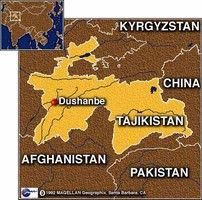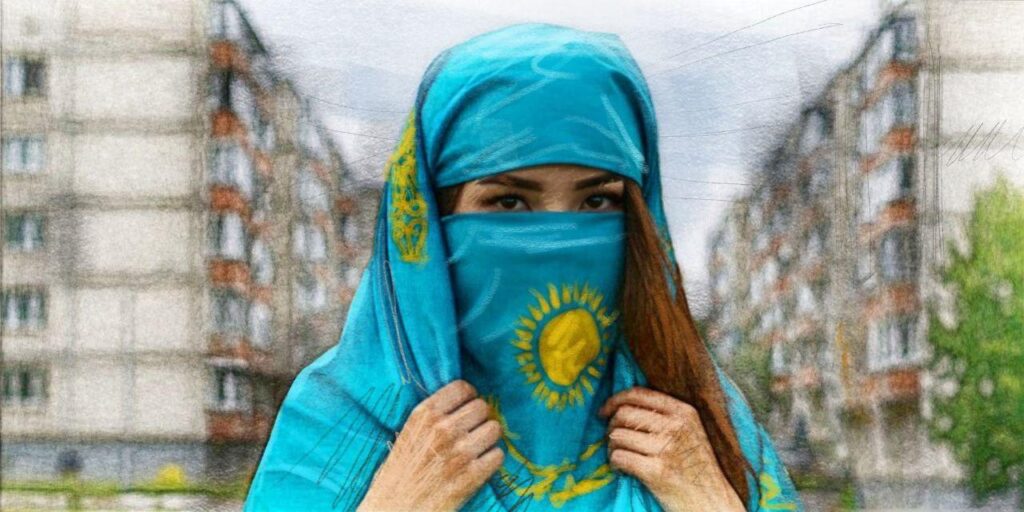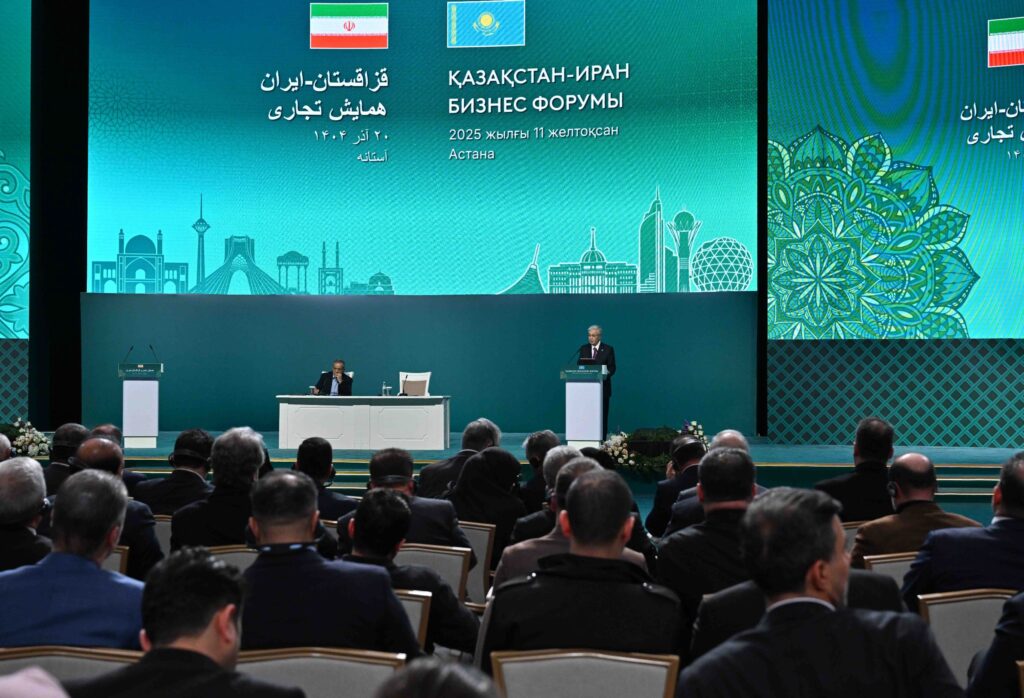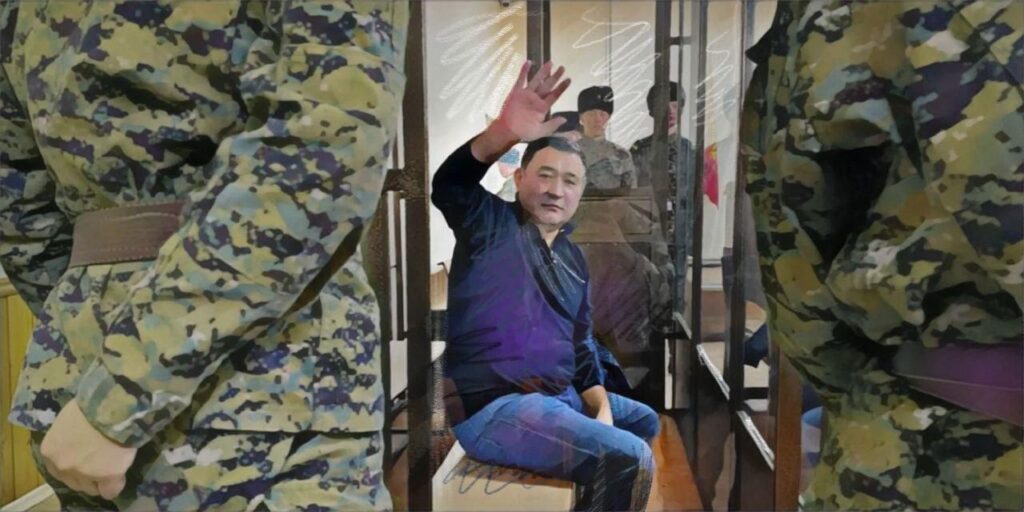DUSHANBE (TCA) — Some 50 people gathered outside the Iranian Embassy in Dushanbe on May 21 to protest Tehran’s alleged support for the banned Islamic Renaissance Party of Tajikistan (IRPT), RFE/RL’s Tajik Service reported.
The demonstrators, mostly young people, were carrying signs saying, “We don’t want to relive the events of 1992-2000,” which referred to Tajikistan’s civil war.
Another placard read, “Down with Kabiri,” in an apparent reference to IRPT exiled leader Muhiddin Kabiri, who is in self-imposed exile abroad.
Tajikistan banned the IRPT in 2015 as a “terrorist organization” and imprisoned dozens of its officials and members. Until then, the IRPT had been the only legal Islamist party in Central Asia.
In a country where dissent is rare, the May 21 protest appeared to have been approved by the authorities. It took place one week after Tajikistan’s strongman leader Emomali Rahmon again criticized the IRPT and called it a terrorist organization.
Relations between Iran and Tajikistan have worsened amid accusations by Dushanbe that Tehran has been offering support to exiled IRPT members.
In particular, Tajikistan was angered by Tehran’s decision to invite Kabiri to an international Islamic conference that took place in Iran in December 2015, after the IRPT had been declared a “terrorist” group by the Tajik authorities.
Last year, Tajik authorities accused Iran of being behind high-profile assassinations in Tajikistan during the Tajik civil war in the 1990s.
The IRPT was first banned in 1993 but was legalized again in 1998 after the end of the civil war.









